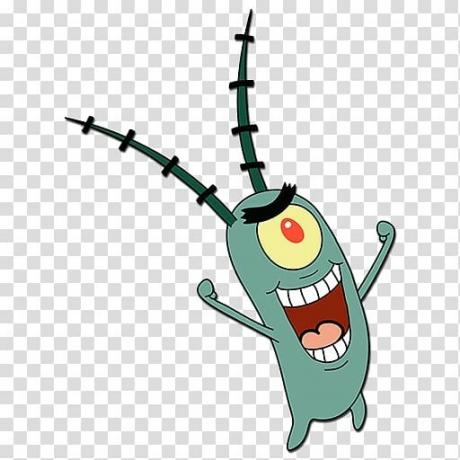Plankton or Plankton are organisms found in fresh and marine waters, they can also be called phytoplankton (plants), as they can be apply to plants and animals, they do not have any kind of movement in the natural habitat, they are only moved by the current of the Water.
Index
We know that in the immensity of planet Earth there are countless seas and oceans of great natural beauty, these beauties are inserted in the large amount of living beings existing on the seabed such as plants, marine animals, fish, algae and among others, some specific living beings are not given the due value and recognition as plankton, small organisms inserted in the community aquatic.
These tiny microorganisms are made up of planktonic algae and cyanobacteria, which can also be called phytoplankton, these beings are the main ones in the chain. food, that is, they serve as food for larger animals, in addition, it has a great power to carry out photosynthesis, ensuring the oxygenation of water, and it has great oxygen production capacity, are not weak at all, as thousands of living beings depend on this oxygen, the body shape of this organism allows them to be carried by the sea water.
Due to their size they have some size variations such as picoplankton, which measures only 0.2, nanoplankton, 2 to 20µm, microplankton, 20 to 200 µm, mesoplankton, 200 to 2000 µm, ie the largest of the species.
They can also be considered bioindicators (biological indicators), as they have the ability to change very quickly, or that is, it has the ability to show the damage, the impact produced on the habitat, it measures the damage caused by human activities in the face of environment.

These species can be classified into unicellular and filamentous, unicellular ones have the ability to live alone, that is, isolated from its species group, and the filamentous is an aggregate of cells in its juncture, the cells are linear and branched
There are other types of predominant species, such as zooplankton and phytoplankton (plants):
Phytoplankton are marine autotrophs, have a great capacity for photosynthesis, in its structure it can also contain blue algae and some bacteria
Unlike plankton, zooplankton do not have the ability to produce photosynthesis, they are tiny beings, the components of which are worms, crustaceans, insect larvae, an interesting factor is that this species feeds on plankton, it can be divided into two phases in its relationship with the plankton:
The first phase is called Holoplankton, it is an organism that remains throughout its existence in plankton, and the second phase is called mesoplankton, it is an organism temporary, it is just passing through the planktonic community, there are crabs, lobsters, larvae, there are more than 5000 species of zooplanktons Holoplanktons.
When we think of the word plankton we remember a very famous cartoon, Sponge Bob, one of its main characters was a evil plankton, who lives at the bottom of the sea, doesn't remember, follows the image of the star Plankton:

But, is there a way, do plankton live at the bottom of the sea? Oops I think this article will destroy some childhoods, we've been deceived for a lifetime, actually the plankton live on the surface of the water, they are small micro-organisms, divided into phytoplankton, as already mentioned
Another curiosity is that large animals such as whales and whale sharks feed on this species, this feeding happens through water filtration
These are beings that are mostly transparent, this transparency makes it difficult to see predators, they have a bioluminescence as a defense to hinder their action, follows this video that shows this fantastic show at sea:
Another interesting curiosity is that some plankton species can grow exaggeratedly, this growth depends on light and nutrients, this causes changes in the environment such as the increase of diatoms, in large quantities can change the color of the water, called the tide red
Finally, large quantities of plankton can cause damage to other species, as they reduce the light that penetrates the water.
Other articles:
Subscribe to our email list and receive interesting information and updates in your email inbox
Thanks for signing up.
